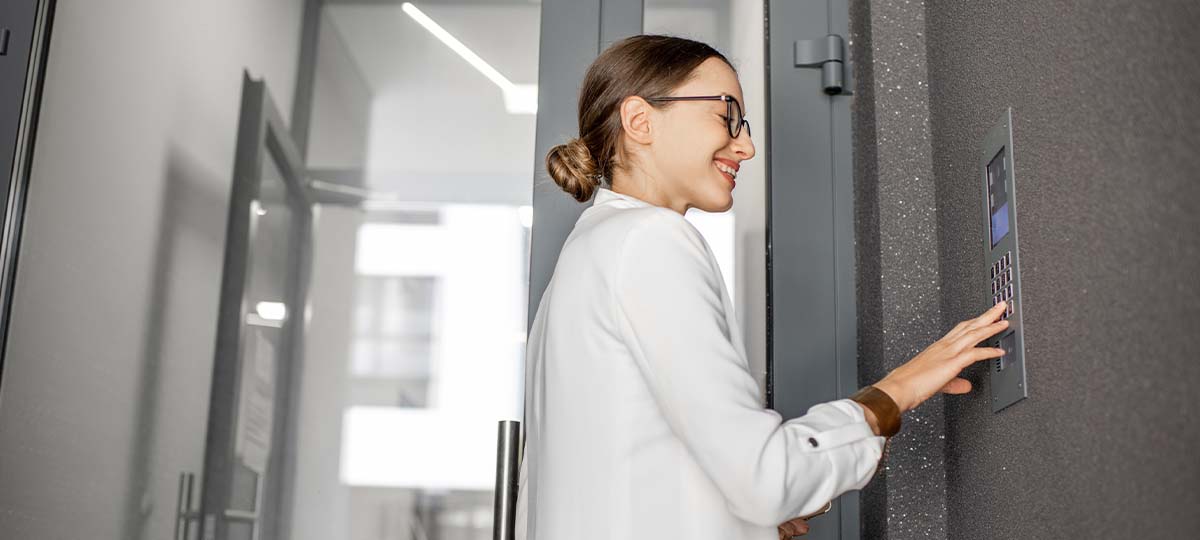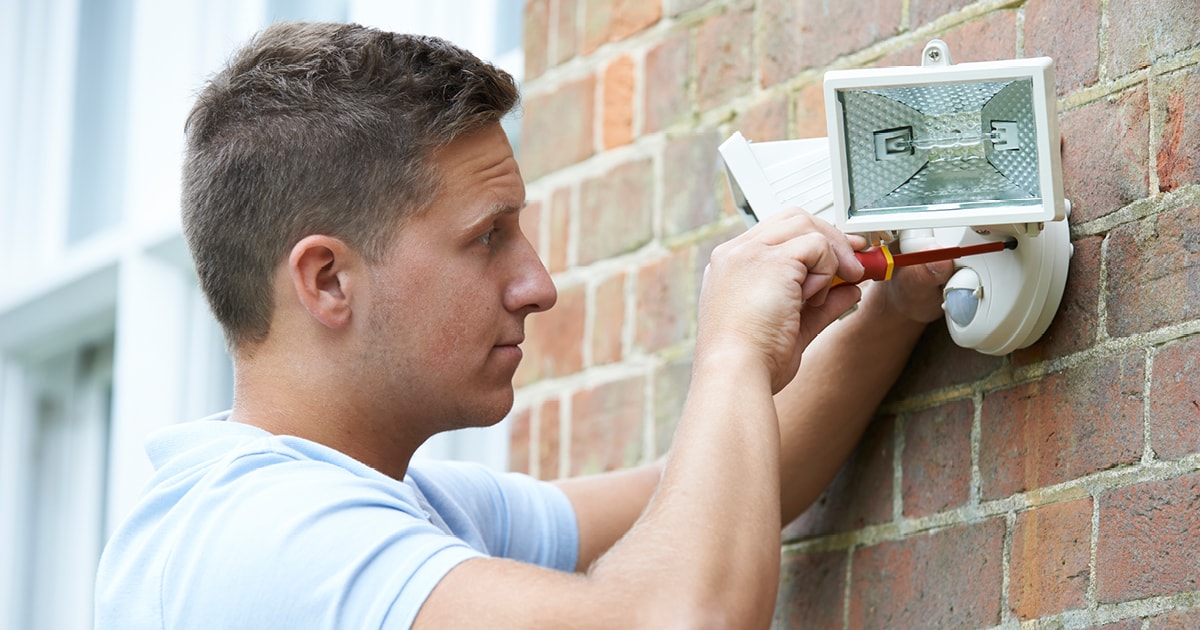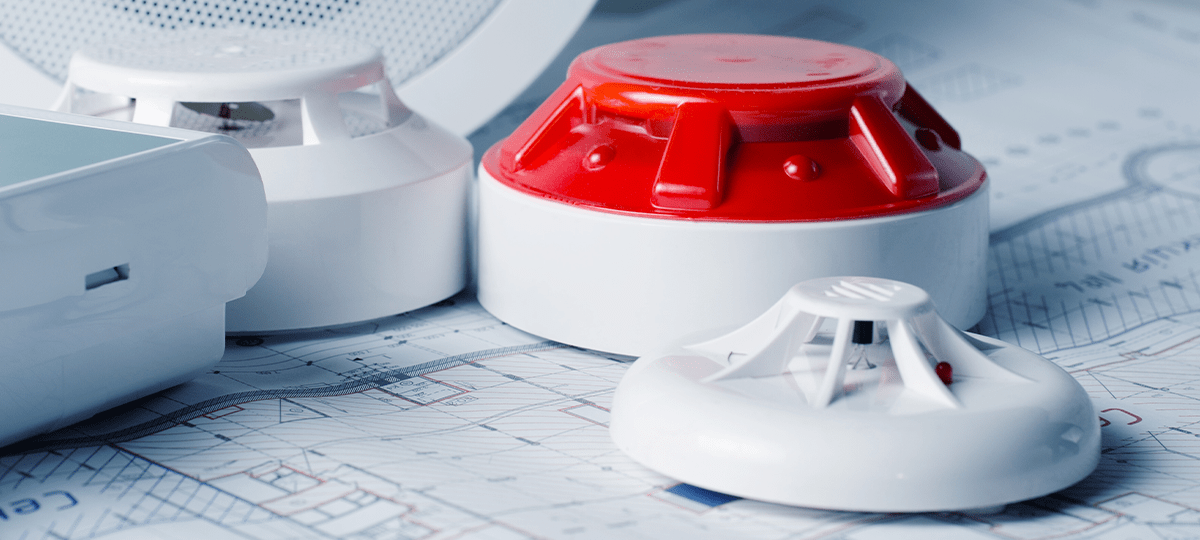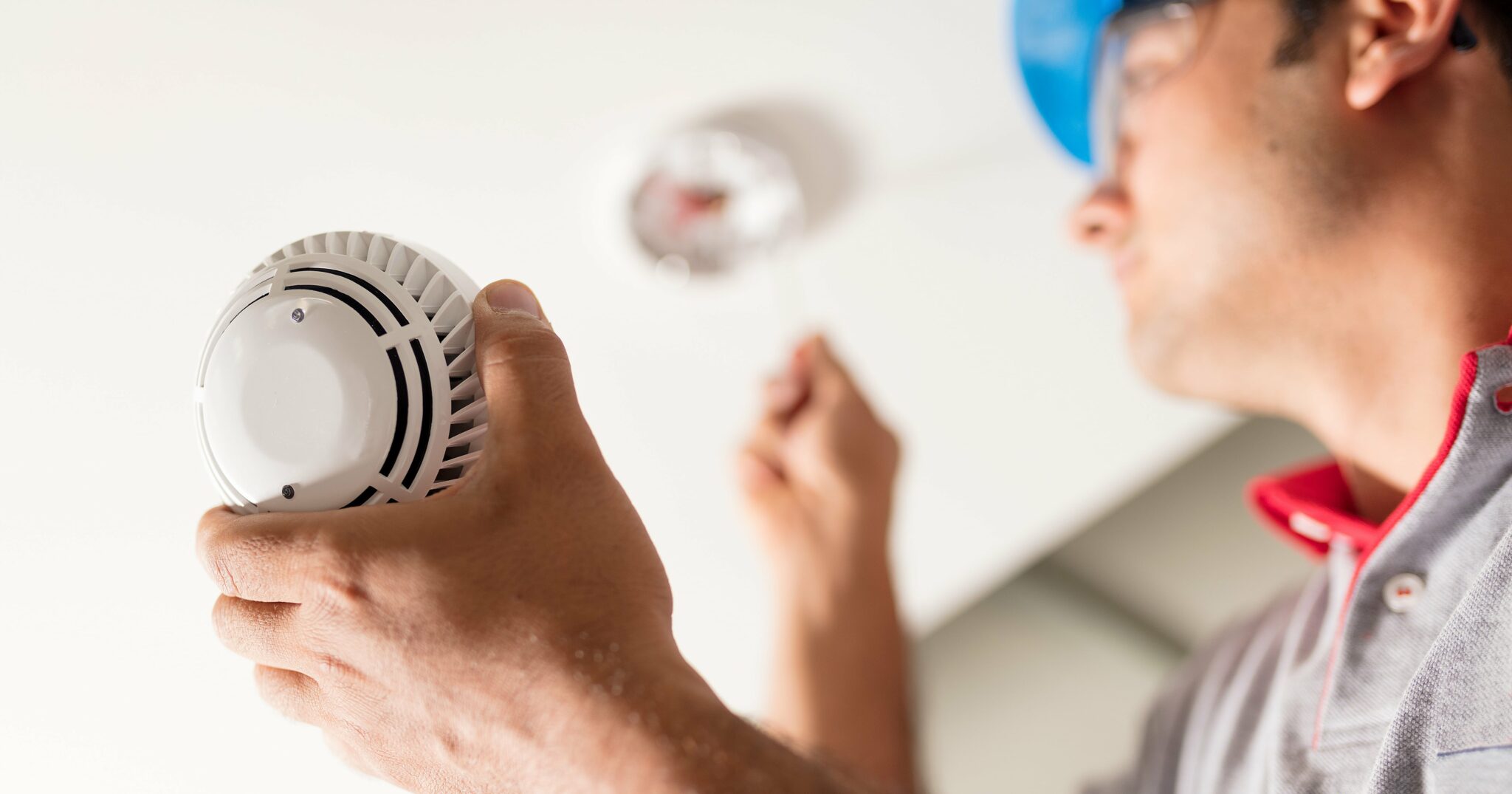How Fast Can Fire Spread?
What Is Fire?
Fire is the result of a chemical reaction called oxidation. Oxidation is the combination of oxygen with another substance. In the case of a fire, the oxidation happens so quickly that light, heat, and sound are released.
A fire needs oxygen, heat and fuel to burn. These factors are frequently referred to as the “fire triangle.” The chemical reaction is the fourth element, which is the fire itself.
Fire Fuel
A fire can be fueled by many things, especially items in homes and businesses. Today’s furnishings are made primarily of synthetic materials which are highly combustible. Paints, cleaners, magazines, newspapers, paper, clothing, window treatments, wood moldings, and trim are all combustible. Some of the most flammable liquids commonly kept in the home include rubbing alcohol, nail polish remover, aerosol cans, non-dairy creamer, and gasoline. Items like this make it easy for a fire to spread once started.
Open spaces also allow fires to spread quickly, particularly areas like the ductwork for central heating or air conditioning.
Fire Spread Rate
In just two minutes, a fire can become life-threatening. In five minutes, a residence can become engulfed in flames.
These are the sobering statistics regarding house fires displayed by Ready.gov, the official website of the Department of Homeland Security. Ready.gov and The National Fire Protection Agency (NFPA stress the importance of having an up-to-date fire escape plan, as well as working smoke alarms in homes and businesses. The NFPA also suggests installing fire sprinklers when building or remodeling homes. Sprinklers can be key in containing and even extinguishing a fire before the fire department arrives on scene.
Putting Out Fires
To put out a fire, you must remove one of the three elements of the fire triangle: oxygen, heat, or fuel. Fire extinguishers essentially put fires out by taking away one or more of these elements.
Because fire spreads so quickly, the NFPA says that the number one priority for people during a fire is to get out. Yes, fire extinguishers can put out a fire confined in a small area, but they have limitations and they will not work in every situation. Additionally, many civilians do not know how to operate a fire extinguisher properly.
You may think that filling a bucket full of water is a good way to douse the flames, but that will not always work. For example, the oxygen source for flammable liquids like oil, alcohol, gasoline, paint, or propane must be removed to put out a fire. A stream of water may spread the flaming material rather than neutralize it.
How to Prevent Fires
The best way to protect yourself and your family is to test your smoke detectors and fire alarms regularly and create a safety plan for your home and office. No matter where you are in a building, always know where the nearest exits are and how you can exit a multi-floor building safely. You should also always know where the areas of refuge are located in multi-story buildings.
Fires can occur suddenly and without warning, and they can spread incredibly quickly. Every second counts so plan at least two ways out.
FSS Technologies specializes in residential and small business fire alarms as part of your total security system solution, as well as the design and installation of complete life safety systems in large commercial properties.









